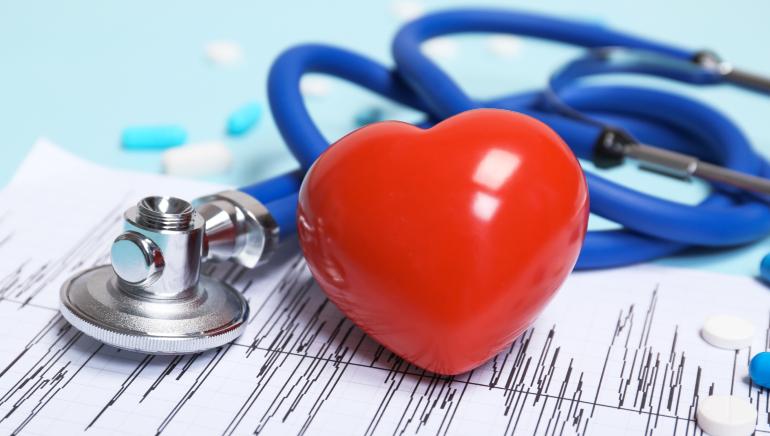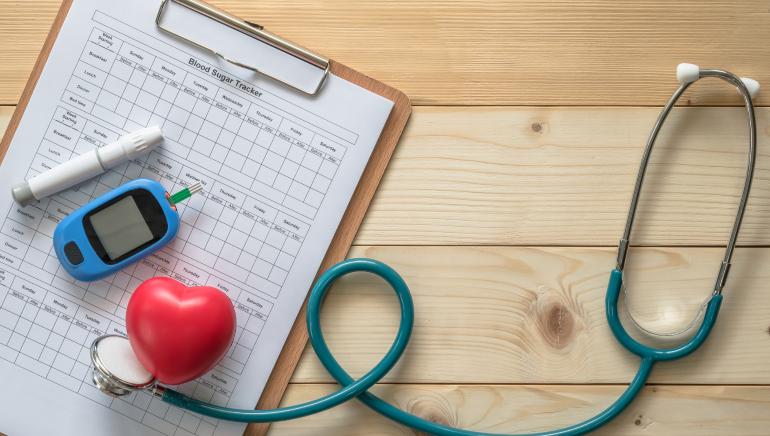Heart Attack- these 6 steps can help save lives
First aid can be a make or break in an emergency situation. When it comes to a heart attack, it can save a life.
Have you ever been in a situation where you’re faced with a medical emergency and you just go blank because you don’t exactly know what to do? While we hope such a situation never arises for you, we also strongly advise knowing some first aid tips that might help you in an emergency situation like a heart attack.
According to WHO, 17.9 million people die each year from cardiovascular diseases or CDVs which is an estimated 31% of all deaths worldwide. In fact, 85% of all the CVD deaths are due to heart attack and stroke, says WHO.
Dr. Narayan Gadkar, a consultant cardiologist at Zen Multispecialty Hospital in Mumbai says, “If you provide immediate first aid to a person having a heart attack then there are higher chances of him/her surviving.”
That’s why today, we want you to memorize this first aid rule book and save a life.

“See there are two things – chest pain and heart attack. How to distinguish between them? Well, if it is chest pain then it will last for less than 15 to 20 minutes and it does no damage to the heart muscles. But, in case of a heart attack, it goes beyond 20 to 30 minutes and it does major damage to the heart muscles” explained Dr. Gadkar.
These are the signs you must be wary of:
1. Crushing pain in the chest for more than 20 minutes
2. Spreading of pain to the jaw
3. Dizziness
4. Sweating
5. Breathlessness
If you notice any of these signs, then do these six things immediately:
1. Make the person sit in a comfortable position
Dr. Gadkar says, “If the person wants to lie down then don’t stop them. Let them be comfortable.”
2. Don’t huddle around around
It is always advisable to let the person get some fresh air so that they
don’t feel suffocated. Tell others as well to not huddle around them
and let them breathe.
3. Loosen the tight clothes
“If the person is wearing something tight, immediately loosen them up.
This will help the person ease and they will be able to breathe better”,
says Dr. Gadkar.
4. Immediately give them an aspirin
“This is the ram-baan to give. Basically, a heart attack happens due to the clotting of blood as it stops the blood from
reaching the heart. Therefore, I will always advise you to keep aspirin
handy at home. Although it might not work for everyone, it does work in
most of the cases”, says Dr. Gadkar.

Give them a glass of cool water to sip on.
6. Immediately call for a taxi or a cab
“At times, the ambulance can take some time. In such a case, don’t wait
for it and immediately take the person to the nearest facility”, he
says.
Also, keep 102 (government emergency number) on speed dial in everyone’s mobile phone.
Another thing that Dr. Gadkar presses on is that we should avoid panic as it can worsen the situation.
“Also, before such a situation arises, we should do some homework around it. We should know which hospital in our vicinity is best equipped to handle a situation like this. Also, contact details of each hospital around your house should be available because, during an emergency, you will not have the time to Google the details. So, be ready with all the information that you might require during the time of emergency”, he concluded.
So, cram this first aid guide for a heart attack and you could save a life during an emergency.
I'll add one more thing, which everyone should learn is CPR - Cardiopulmonary resusciation
- Position your hand (above). Make sure the patient is lying on his back on a firm surface. ...
- Interlock fingers (above). ...
- Give chest compressions (above). ...
- Open the airway (above). ...
- Give rescue breaths (above). ...
- Watch chest fall. ...
- Repeat chest compressions and rescue breaths.
When compressions are delivered at a rate of about 100 per minute, 5 cycles of CPR should take roughly 2 minutes (range: about 1½ to 3 minutes)
...
The Three P's of First Aid
- Preserve Life. As a first responder to any situation, you first priority should be to preserve life. ...
- Prevent Deterioration. Do what you can to keep the victim in stable condition until medical professionals arrive. ...
- Promote Recovery.